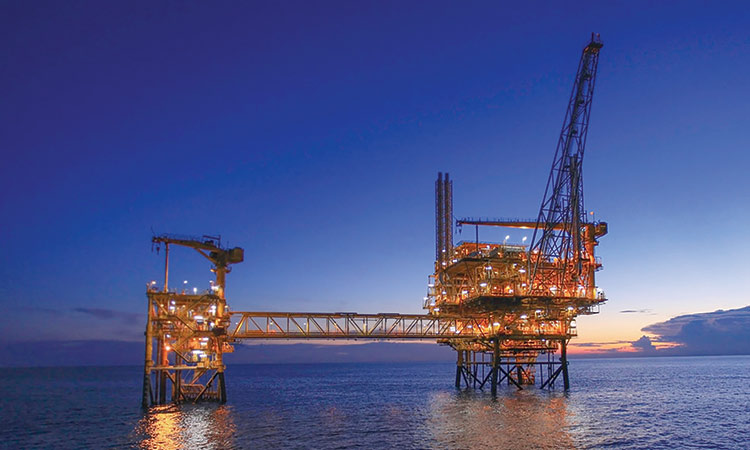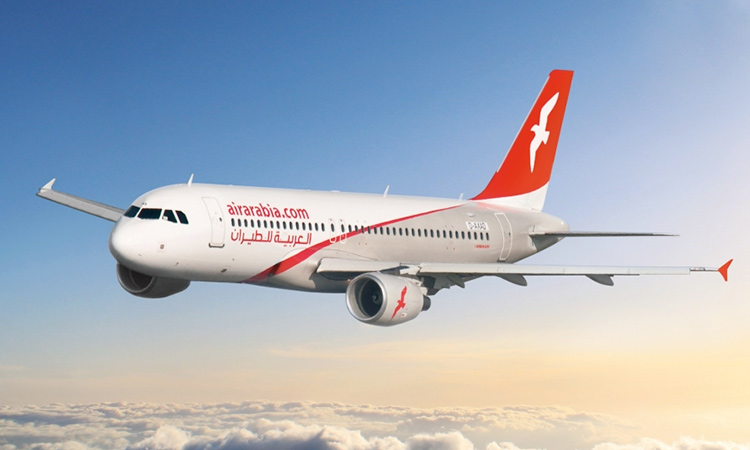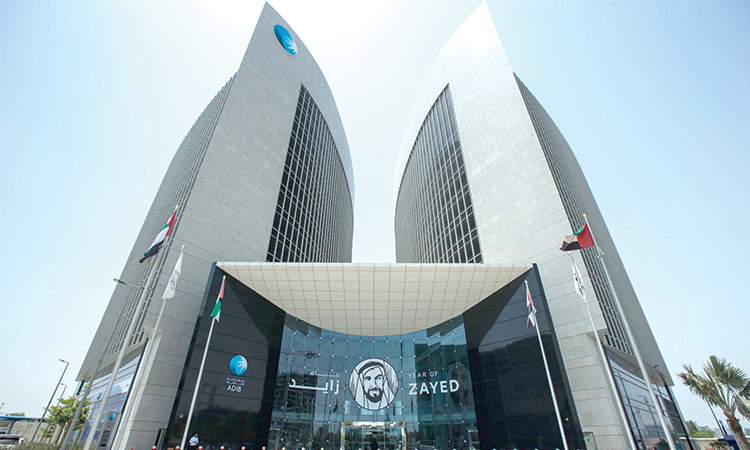Russia’s central bank holds key rates as inflation accelerates

Customers at a supermarket in Moscow. File/Agence France-Presse
The key rate remains at 4.25%, in line with a Reuters poll that forecast Russia would keep the cost of lending unchanged following a slide in the rouble.
“Firstly, in recent months inflation has been slightly higher than expected. Secondly, the external environment has become more volatile,” the Bank of Russia’s Governor Elvira Nabiullina said on Friday, presenting the rate decision.
“Geopolitical risks have intensified.” Expectations for the bank to hold the key this month were cemented by the rouble’s drop to a six-month low against the dollar, and its weakest levels since 2016 versus the euro, earlier in September.
Nabiullina played down the importance of the rouble decline, sparked by fears that the poisoning of Kremlin critic Alexei Navalny and the political crisis in neighbouring Belarus could lead to more pressure from the West on Moscow.
“I think the population and companies are already used to the floating exchange rate, that there are periods when it weakens and periods when it strengthens,” she said.
Recent reductions in the key rate will continue to support the Russian economy this year and next, the central bank said, repeating its message from July’s rate-setting meeting.
“If the situation develops in line with the baseline forecast, the Bank of Russia will consider the necessity of further key rate reduction at its upcoming meetings,” it said.
Lower rates support the economy through cheaper lending but can also increase inflation, the central bank’s main remit, and make the rouble more vulnerable to external shocks.
“It seems that the central bank wants to be cautiously conservative and at the same time don’t forget about a possibility to lower rates,” said Stanislav Murashov, an economist at Raiffeisenbank.
The central bank’s comment that disinflationary risks prevail opens the door for a rate cut to 4% at meetings in October or December, said Dmitry Polevoy, head of investment at Locko Invest.
Analysts at Capital Economics, who had expected the central bank to cut the rate in September, now expect it to finish this year unchanged at 4.25% before falling to 3.50% by the end of next year.
Russia is waiting for an opportunity to tap the Eurobond market, Finance Minister Anton Siluanov said on Wednesday, but will not do so with the threat of sanctions hanging over it.
Moscow is looking for additional sources of funding as it seeks to make up for a budget shortfall as a result of lower oil prices and the global coronavirus pandemic.
“We are not closing the window, we will look at it based on market conditions,” said “We have everything ready. We will tap (the market) as soon as there is an opportunity, in order to maintain our presence on the market,” Siluanov told reporters.
“All these restrictions, sanctions and hype around (Alexei) Navalny do not give us confidence in a good placement,” he said.
Kremlin critic Navalny became a focal point for the Russian authorities in August after he became ill while travelling from Siberia to Moscow. The politician was airlifted to Berlin, where doctors found he had been poisoned with a Novichok nerve agent.
The threat of extra sanctions relating to Navalny’s illness and Moscow’s role in the political turmoil in neighbouring Belarus have made Russia increasingly dependent on borrowing. Siluanov said on Wednesday that the country would increase state borrowing by $12 billion in 2021.
Russian officials have hinted at a Eurobond issue in 2020, but the coronavirus pandemic has thwarted their plans. Russia last raised $2.5 billion in June 2019 through dollar-denominated Eurobonds maturing in 2029 and 2035.
“If this continues, we will probably hold off this year,” Siluanov said of talk about possible sanctions against Russia.
“If everything settles down, then it could be possible to prepare an appropriate issuance,” he added.
Russia is also planning to raise taxes on some mining companies and high-viscosity oil in a further attempt to plug budget holes.
An increase to Russia’s mineral extraction tax should not have a significant impact on the finances of the country’s metal and fertiliser companies, finance minister Anton Siluanov said on Thursday.
Russian metal and fertiliser producers have failed to convince the finance ministry to change its plan to raise the extraction tax, sources had said on Thursday, as part of the measures to plug holes in Russia’s budget
Reuters





